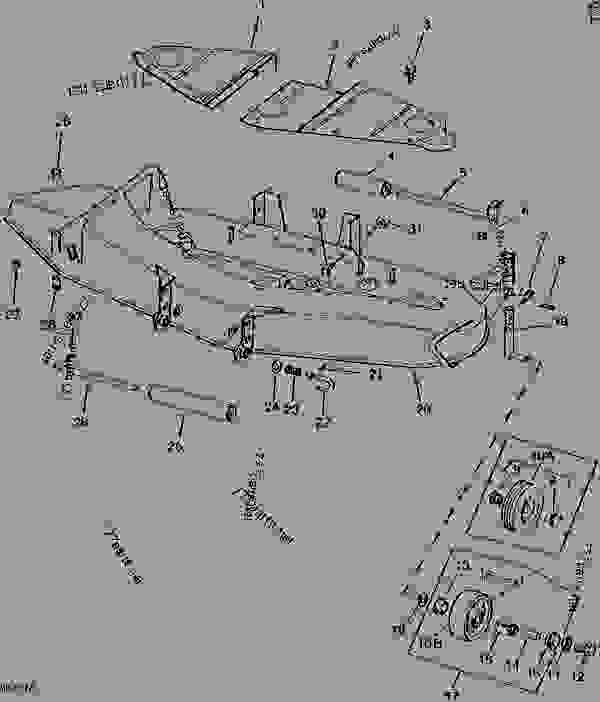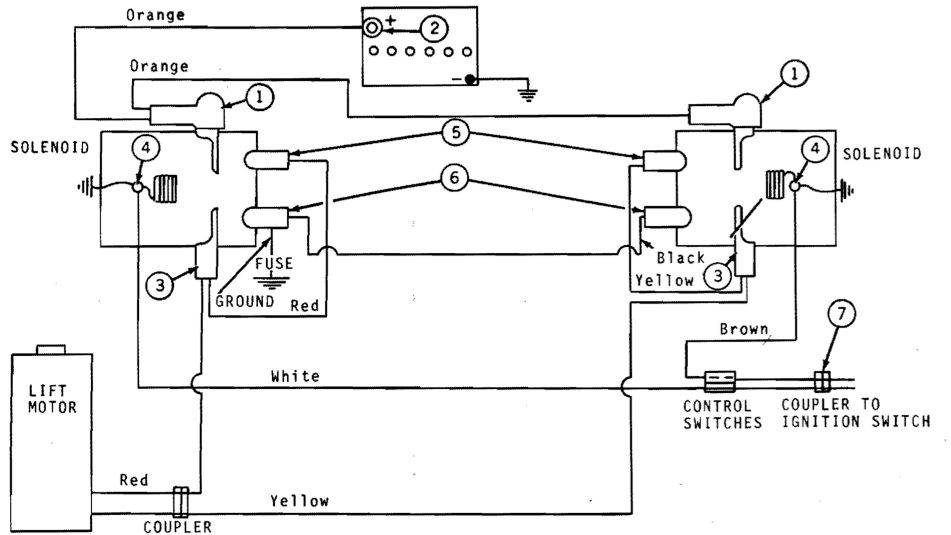When it comes to working on your John Deere 214, having access to a wiring diagram is essential. A John Deere 214 Wiring Diagram is a detailed schematic that shows the electrical connections and wiring layout of your tractor. This diagram is crucial for anyone looking to troubleshoot electrical issues, make repairs, or simply understand how the electrical system works.
Why are John Deere 214 Wiring Diagrams Essential?
- Helps identify and locate electrical components
- Provides a roadmap of the electrical system
- Assists in understanding how different components are connected
- Ensures proper installation of new components
How to Read and Interpret John Deere 214 Wiring Diagrams
Reading a John Deere 214 Wiring Diagram may seem daunting at first, but with a little practice, you will be able to navigate it with ease. Here are some tips to help you read and interpret the diagram effectively:
- Start by familiarizing yourself with the key and symbols used in the diagram
- Follow the lines and connections to trace the flow of electricity
- Pay attention to color coding and labeling for different wires and components
- Refer to the legend or guide for any abbreviations or specialized symbols
Using John Deere 214 Wiring Diagrams for Troubleshooting
John Deere 214 Wiring Diagrams are invaluable tools when it comes to troubleshooting electrical problems. By following the diagram and understanding how the electrical system is laid out, you can easily pinpoint the source of any issues. Here are some ways you can use the diagram for troubleshooting:
- Identify any disconnected or damaged wires
- Locate faulty components or connections
- Test for continuity and voltage at different points in the circuit
- Compare the actual wiring to the diagram to ensure accuracy
Safety Tips for Working with Electrical Systems
When working with electrical systems and using wiring diagrams, it is important to prioritize safety. Here are some safety tips and best practices to keep in mind:
- Always disconnect the battery before working on the electrical system
- Wear appropriate protective gear, such as gloves and safety glasses
- Avoid working on the electrical system in wet or damp conditions
- Use insulated tools to prevent electrical shock
- If you are unsure or uncomfortable with electrical work, seek professional help
John Deere 214 Wiring Diagram
John Deere 214 Wiring Diagram For Your Needs

27 John Deere 214 Parts Diagram – Wiring Database 2020

John Deere 214 Wiring Diagram – Earthens

John Deere 214 Wiring Diagram – General Wiring Diagram

John Deere 214 Wiring Diagram – Earthens
